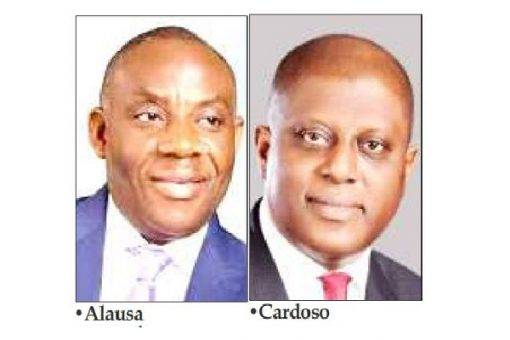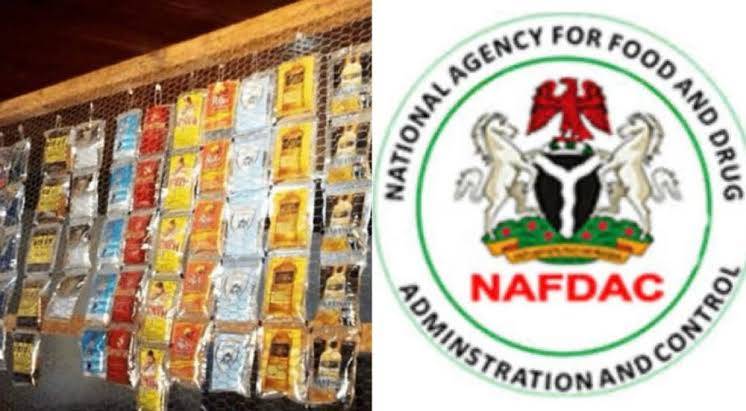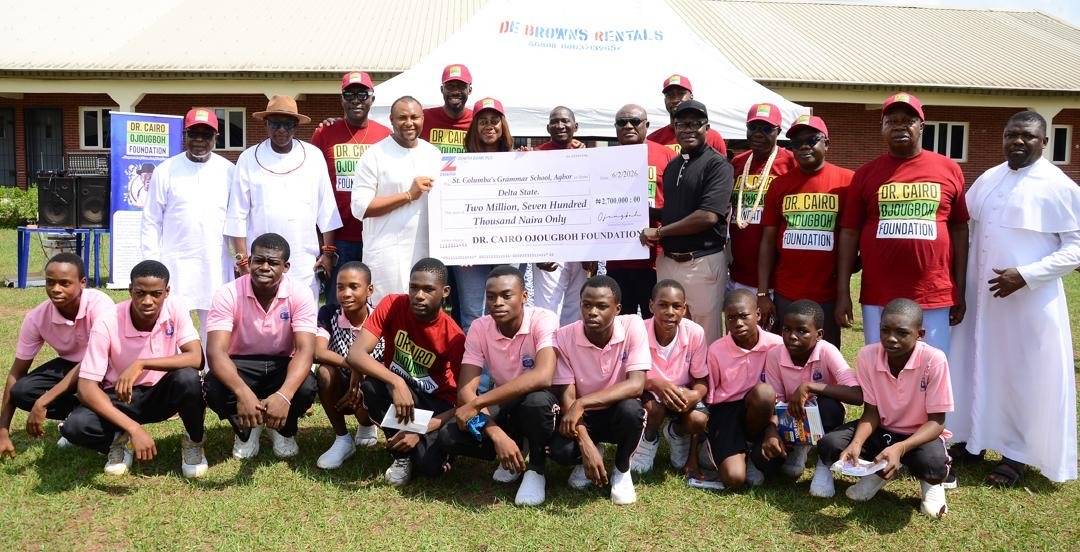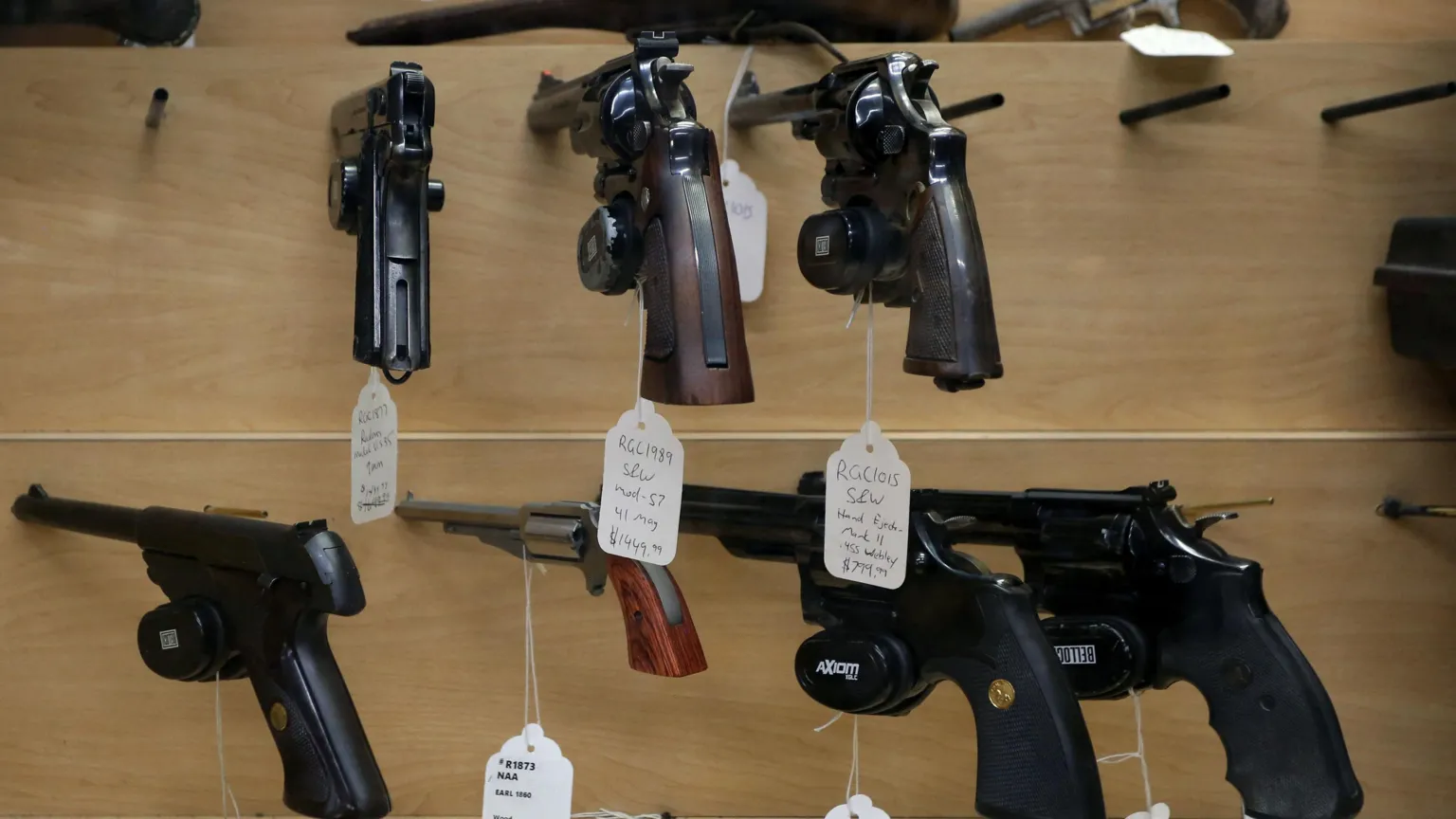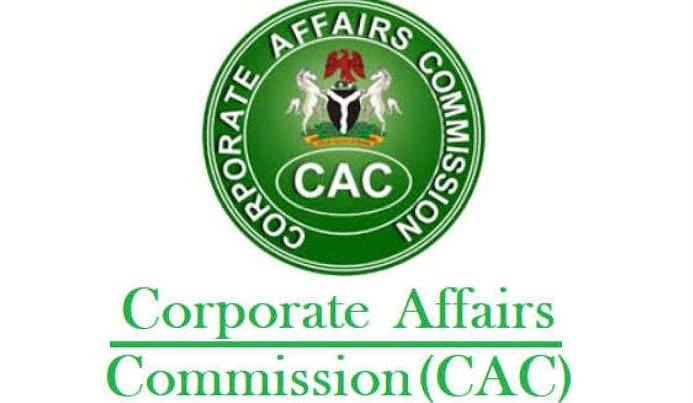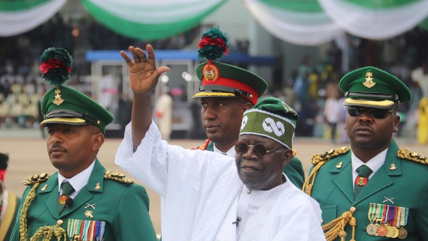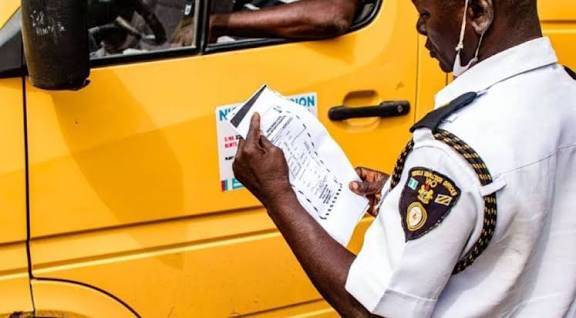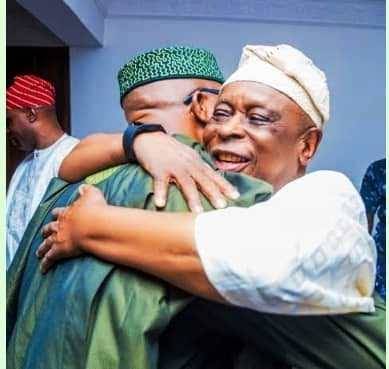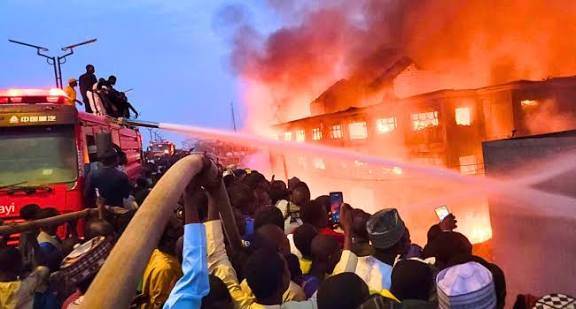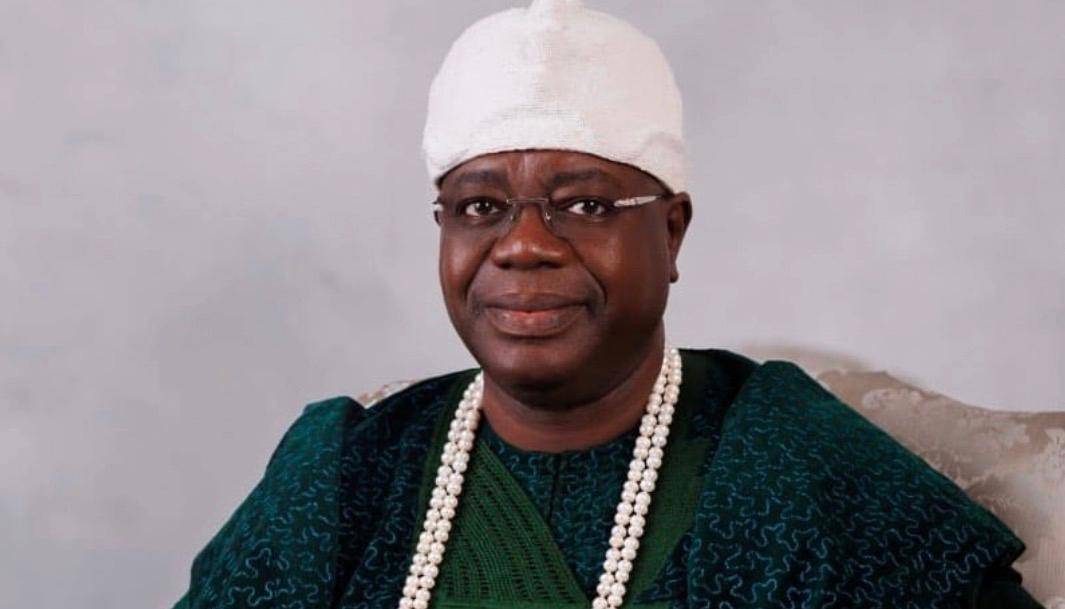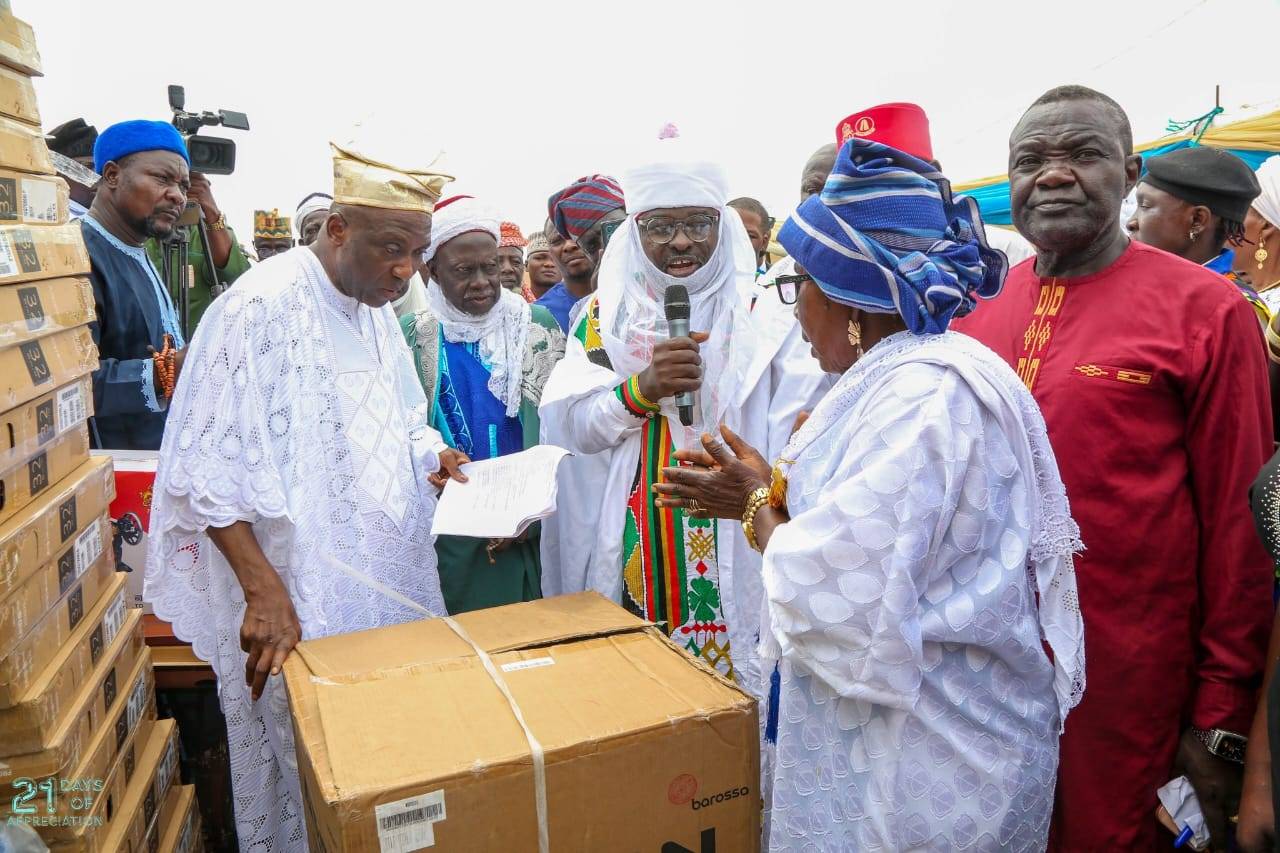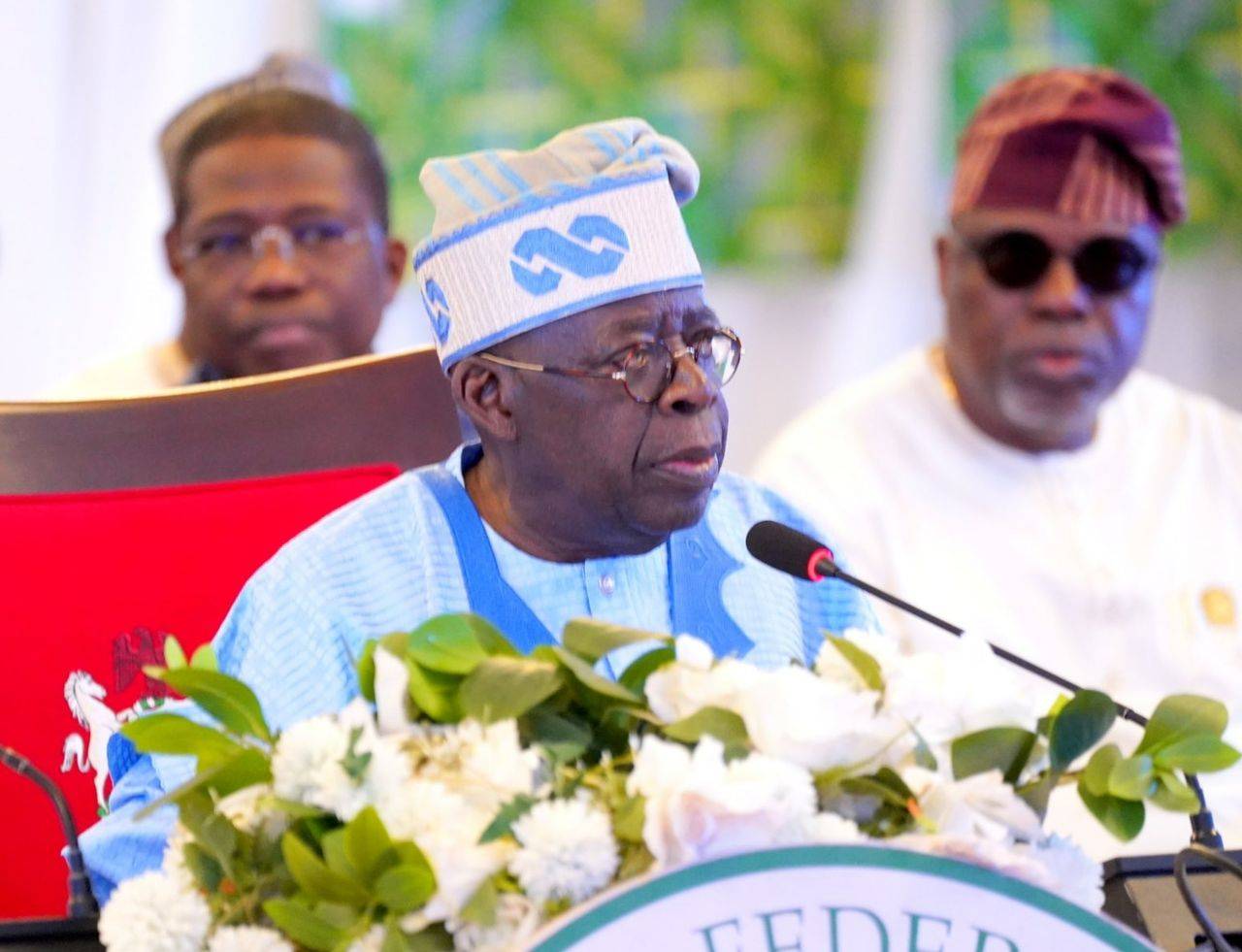Some days before the Federal High Court in Lagos halted the sale of Nigeria Air to Ethiopian Airlines, ET, on August 6, 2024, Global Chairman of Fairfax Africa Fund, a United States based company, Zemedeneh Negatu, had an exclusive chat with Saturday Vanguard.
In the interview, Negatu, who was an active player in the botched Nigeria Air project, discussed what led to the failure of what many described as an ill-fated scheme. Excerpts:
Background: Our firm, Fairfax Africa Fund, which is based in Washington DC, were the ones who put together the investors group. First, we developed an investment plan stating why investors should invest in the airline business in Nigeria.
Second, we made a case for why the investors that we assembled should bid for the Nigeria Air project. We presented the project around the world because we wanted to assess who fitted best for the Nigeria Air project and who had a proven track record in the African market.
We assessed if there were any interested European carriers. Were there any interested African carriers or a Gulf carrier? We actually did approach a number of large carriers around the world. In the end, we concluded that the best one for the project was Ethiopian Airlines, ET, which is one of the world’s largest and also most profitable as well as largest Africa carrier. So, we met with the top management of ET, whom I have been advising for a number of years. For instance, I had led a team which advised ET in their investment in ASKY in Togo about 12 years ago.
We discussed with ET about the opportunity in Nigeria indicating that the Nigerian government had issued a tender inviting airlines and financial investors to bid on the project, where the Nigerian government would own only five per cent, and private investors would own 95 per cent. Therefore, we proposed to ET to be the anchor minority investor and a strategic operational investor.
We had also approached two other Gulf carriers. I won’t mention names, but really large carriers from the Middle East. And then we did it with one European carrier and one other from Asia. We didn’t approach the American carriers because the U.S. carriers don’t invest in Africa. Since the tender said the majority of the shares had to be owned by Nigerians, we had to find local Nigerian investors who would be interested in co-investing with us. One of the criteria we put was whoever came in from the side had to be very comfortable investing in the aviation sector. Once we assembled the investors group, we submitted a proposal by the due date. By the way, the tender was issued in international publications and many other Nigerian publications. We put an offer of $250 million. All cash, no debt. Initially, we planned to start with 12 aircraft – Boeing 737 MAX, Boeing 737 new generation and wide bodies Boeing 787 Dreamliner – so, it’s a huge investment. The $250 million was the cash portion only and then ET was going to put up another $400 million dollars in guarantees because the aircraft manufacturers said a big airline like ET had to guarantee the equipment and lease payments. So, ET put up another $400 million. In total, it was actually a $650 million deal.
It would have been one of the largest foreign direct investments in Nigeria in recent years outside of the oil and gas sector. Myself and representatives of the other shareholders actually flew to Abuja to submit the tender. We attended the tender submission and had numerous tender evaluations and did our due diligence over several months. Therefore, as far as we were concerned, it was a very transparent bid process the Nigerian government had run from the bid submission to evaluation to award.
The bid evaluation – consisting of multi-ministerial and agency representatives from government of Nigeria – was very transparent because you had to comply with a very extensive bid document that government had issued.
Nigerian government had hired a transaction advisor on their side. It was made very clear by us that whatever costs government and the other investors had incurred to get the project that far was not going to be transferred to the new Nigeria Air entity. So, as far as we were concerned, it was a clean new transaction.
All that stuff you heard in social media about billions spent by government, we assume, was spent in the years before the shareholders agreement was signed to establish Nigeria Air with the new shareholders. Every step of the tender evaluation and decision was documented and, as appropriate, presented to the Federal Executive Council, FEC, which approved the winner of the tender and approved our business plan. Furthermore, the then Minister of Aviation had announced at a press conference that our consortium, which includes ET, had been declared the winner. After we went through all these processes, we started hiring employees. In fact, adverts were being placed for pilots, cabin crew and all that.
That’s fascinating to hear, but what led to the project’s failure…
(Cuts in). The project failed because of a lawsuit filed by certain local airlines who opposed the deal alleging that the project was designed to damage the local airlines. But, the fact of the matter is, anyone who looked at our agreement with government could have shown you that none of what was alleged was true. Initially, the lawsuit was supposed to be adjudicated within two weeks to issue an opinion, but it got dragged. I mean, for months. We had assumed that the alleged claims, that we were given preferences, could be verified with supporting documents very quickly and concluded that it’s not true. But, to this day, it has not been decided. Anyway, we complied with the specific orders of the court and stopped any procedures with which the court said not to proceed. But with the advice and consent of legal counsel and government, while awaiting final ruling by the court, at our cost, we started training pilots and cabin crew at ET’s pilot training centre in Ethiopia and acquired very expensive multi million dollar aircraft at our own cost too. We also applied to obtain what’s called AOC, Air Operator Certificate. But somehow, the courts got involved and said that had to stop until a decision was made about the lawsuit. We were very surprised about this ruling since we were 100 per cent sure we would win the court case. However, it dragged on and on; in between, elections happened, a new government came, and the new Minister of Aviation said the project had been paused.
Are you talking about the lawsuit instituted by …
(Cuts in). The lawsuit was filed by the Airline Operators of Nigeria, AON. In reality, it was our understanding that just a few domestic airlines were vehemently opposed to the deal. It was not all the airlines in Nigeria that were part of the lawsuit. Sadly, a meritless lawsuit deprived millions of Nigerians of a world-class airline that would have properly served them. The lawsuit is the only reason the project died. There were three things they alleged – we got favourable tax treatment, favourable treatment on forex and it was a Nigerian carrier in name only. According to them, it was actually ET, not Nigeria Air. That was completely untrue. You can see it on the documents that we received nothing special that was not already available to other Nigerian airlines. Even though we were able to demonstrate that the plaintiffs’ case wasn’t true and not backed by evidence, they managed to convince the court that the argument should be heard which extended the court date further delaying the launch of Nigeria Air. At the same time, the public was misinformed through social media. It was presented as though ET, under the name of Nigeria Air, was coming in to take over domestic and international business from Nigerian carriers.
Reports say the aircraft that was displayed was Ethiopian Airlines painted in a Nigerian colour…
(Cuts in again) This was misleading. In the airline business, there’s something called a static display. It is an aircraft on a tarmac at an airport to display your branding, to display the interior of your aircraft. It’s normal practice. We agreed that since Nigeria Air didn’t have an AOC and didn’t have its own aircraft, we were going to paint a Boeing 737-800 owned by ET for the display ceremony at Abuja airport. We did it at our own cost. The Nigerian government didn’t pay a penny. We didn’t ask for anything. We painted it with Nigeria Air livery, as it would fly in the future. The traditional water hose from the fire trucks for a new aircraft arrival was there. It was a beautiful ceremony and everybody was very excited. But as I told you, in the days and weeks after the successful ceremony, there was what we perceived to be a wide social media campaign which misinformed the public, saying it was not Nigeria Air, but Ethiopian Airline.
Project reconsideration
If the Nigeria Air project were to restart all over, government has to ensure that the interest of 220 million Nigerians supersedes that of the interests of individuals or institutions who try to prevent the entry of new dynamic competition.
Why do you think Nigeria needs more than one national carrier?
It’s simple. Nigeria is the largest economy in Africa. It’s the most populous country. If you look at standard benchmarking of transport logistics as one of the key drivers of economic growth and prosperity, Nigeria should have probably four or five very large multi-billion dollar airlines today each one having maybe 70 to 80 aircraft to adequately serve 220 million Nigerians. The domestic airlines in Nigeria today are very small. And, with very few exceptions, they are owned by single individuals, which is extremely unusual in the airline industry worldwide. The ownership structure limits their growth because their capital source is limited to acquire expensive aircraft. This has to change. Investing in the airline industry in Nigeria is considered very high risk due to the numerous failures of airlines in the past and the struggling financial performance of most of the current operators. Therefore, lease costs, insurance and other expenses paid by Nigerian carriers are significantly higher than airlines in other parts of the world. These make it very difficult for Nigerian carriers to compete internationally on a sustainable basis.
When we chatted a few days ago, you talked about Qatar Airways considering investing in a South Africa based airline and how it’s a lesson for Nigeria…
As you know, South African Airways is struggling. It actually has been in receivership, which means bankruptcy, for many years. Government of South Africa is trying to revive South African Airways, but there are private operators in South Africa who are doing well. And Airlink is one of the airlines in which Qatar Airways is apparently considering investing. Qatar has already invested in the east coast of Africa, in Rwandair. In the southern part, they say they have a missing link, so they want to invest in an airline. I have stated many times before in the media and speeches I have given that stand-alone airlines in Africa cannot survive anymore. So, partnering with global carriers such as Ethiopian or Qatar is the way of the future and that is one of the challenges the Nigerian carriers face today. They have no alliances. They have no equity partners. Yet, they are assuming a stand-alone carrier will survive in a business that is extremely capital intensive and highly regulated globally. They also assume they can compete, sustainably on long-haul routes, without big government subsidy, with large global carriers which fly hundreds of aircraft with much lower operating costs. The evidence shows that this is not going to happen.
Meanwhile, former Commandant of the Murtala Muhammed International Airport, Lagos, Group Captain John Ojikutu, retd, in this interview, pooh-poohed Negatu’s claim that the AON through its “meritless lawsuit deprived millions of Nigerians of a world-class airline.” Excerpts:
Advice
I remember very well that I advised that that if we were going to bring technical partners in, for whatever reason, they shouldn’t have more than 30 per cent share. I also said the Federal Government should not have more than 10 per cent share and whatever was left should go to the Nigerian people. How could they give 49 per cent shares to ET and call it a national carrier? It made no sense. ET had 49 per cent, how many per cent did we have? Can it be called a national carrier when almost about 70 per cent of the shares belonged to people outside Nigeria? If something belongs to us, we won’t give the whole thing out.
Lawsuit instituted by AON
I would have done the same thing they (AON) did. We are talking about a national carrier. If I had money like AON, I would have done what they did. Actually, the airlines in this country have that right, just like you and I have the right to do the same. I may not have aircraft, but I have that right because that airline belongs to this country. It belongs to us. Why would they, himself (Negatu) and whoever talked to him, give ET 49 per cent from a national carrier? Who would be the chairman of the board? Who would be the chief accountant? By the time you look at all these things, you will find out that we had no credible share in it (Nigeria Air). If domestic airlines were invited to bid, how much of the shares were they willing to give them? As far as I am concerned, domestic airlines should not be given less than 30 per cent. After giving them 30 per cent, a credible Nigerian investor should also be given 10 per cent. For ET, it ought to be given 25 to 30 per cent, making 65 or 70 per cent. For the remaining, you sell to the public because you cannot leave the Nigerian people out of it.
Static display
The man (Negatu) has no idea what he’s talking about. Where is the aircraft? Does it belong to us? If yes, where is that aircraft now? Who brought it and painted it in Nigerian colour? Don’t listen to all these things that people are saying now, it’s part of the tricks.
Partnership
I had said it countless times that we cannot partner with an airline (ET) that is competing with us on the Bilateral Air Service Agreements, BASA, route. I repeat that we cannot partner with any of the airlines that are coming here through the BASA route. We can go to the United States or Australia and get an airline that is not competing with us on the BASA route to partner with.
Credit: Vanguard



